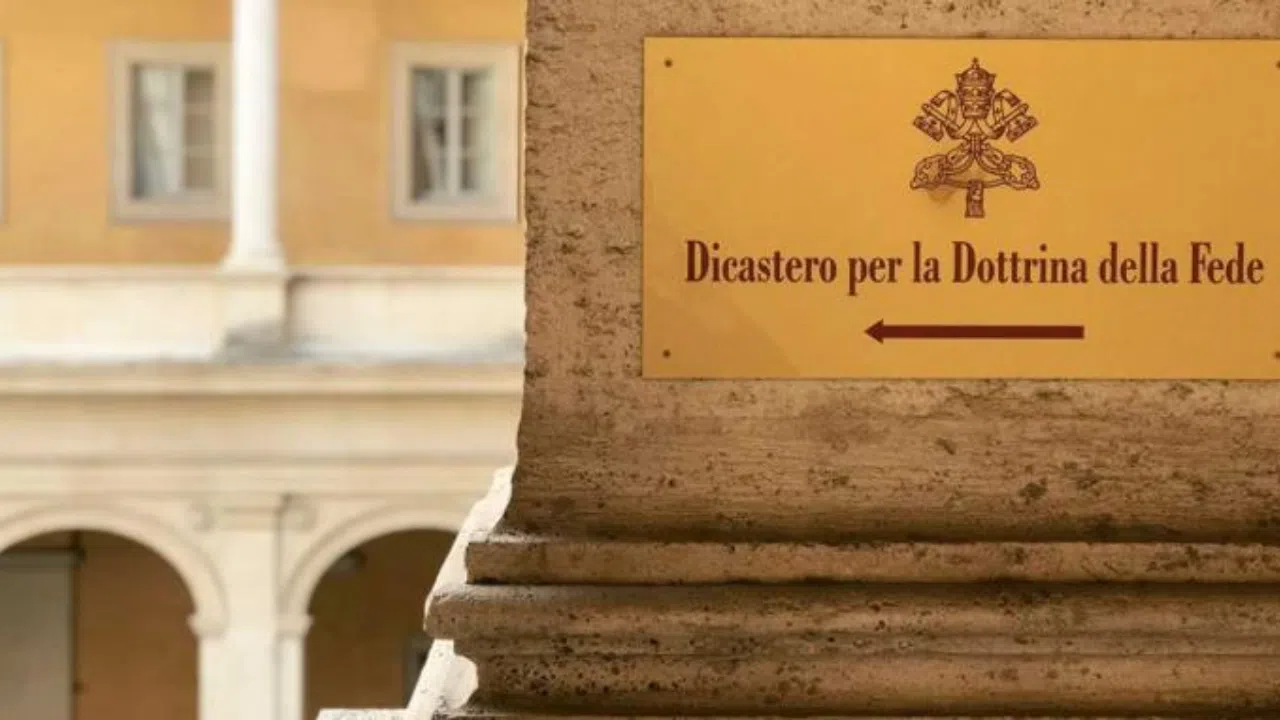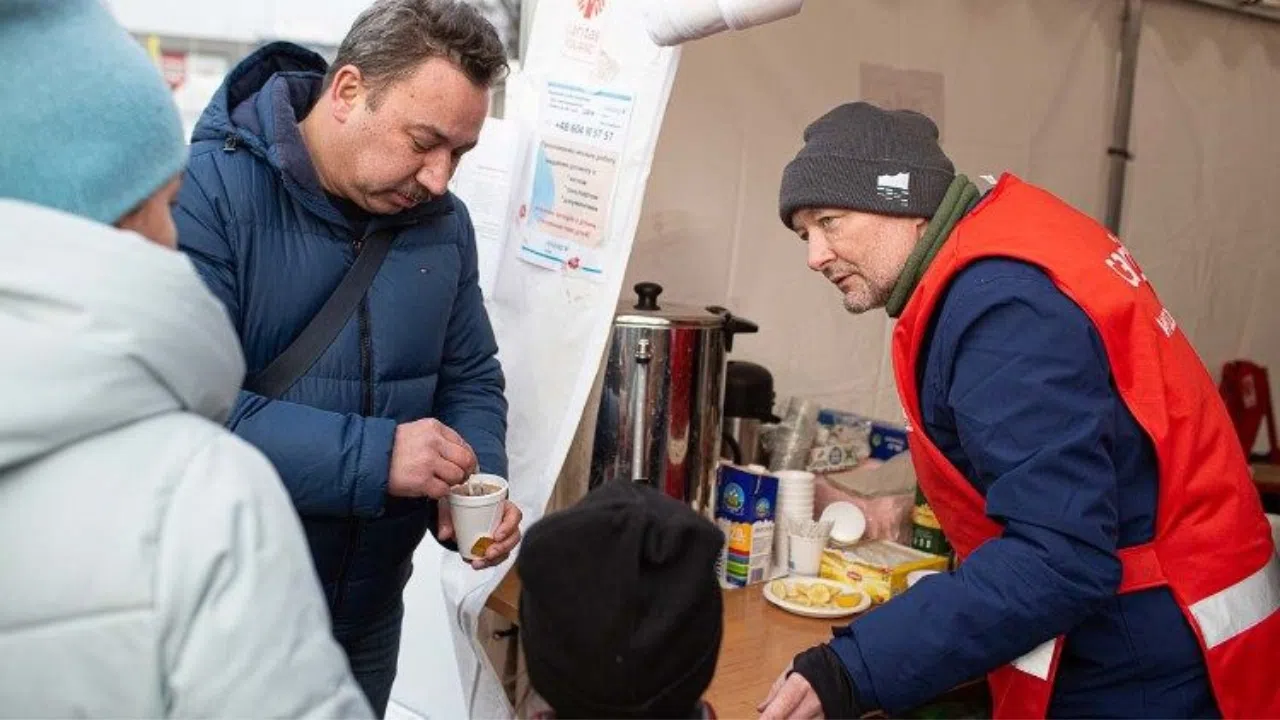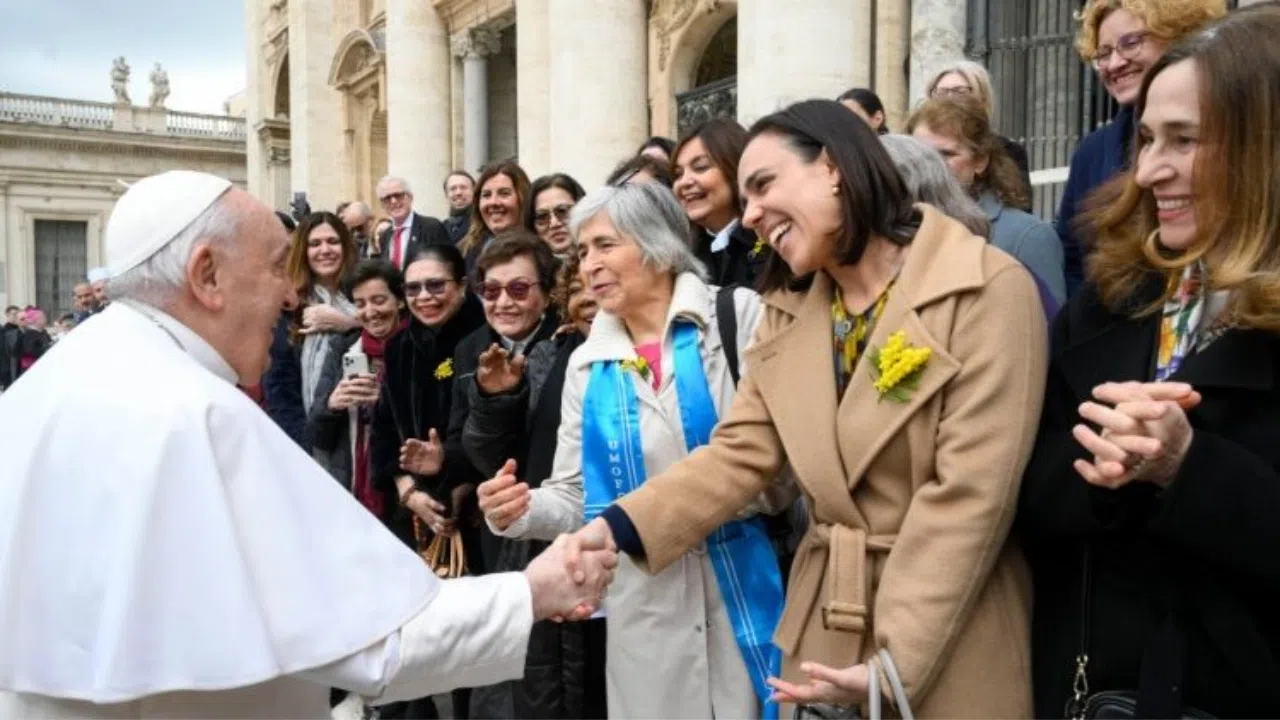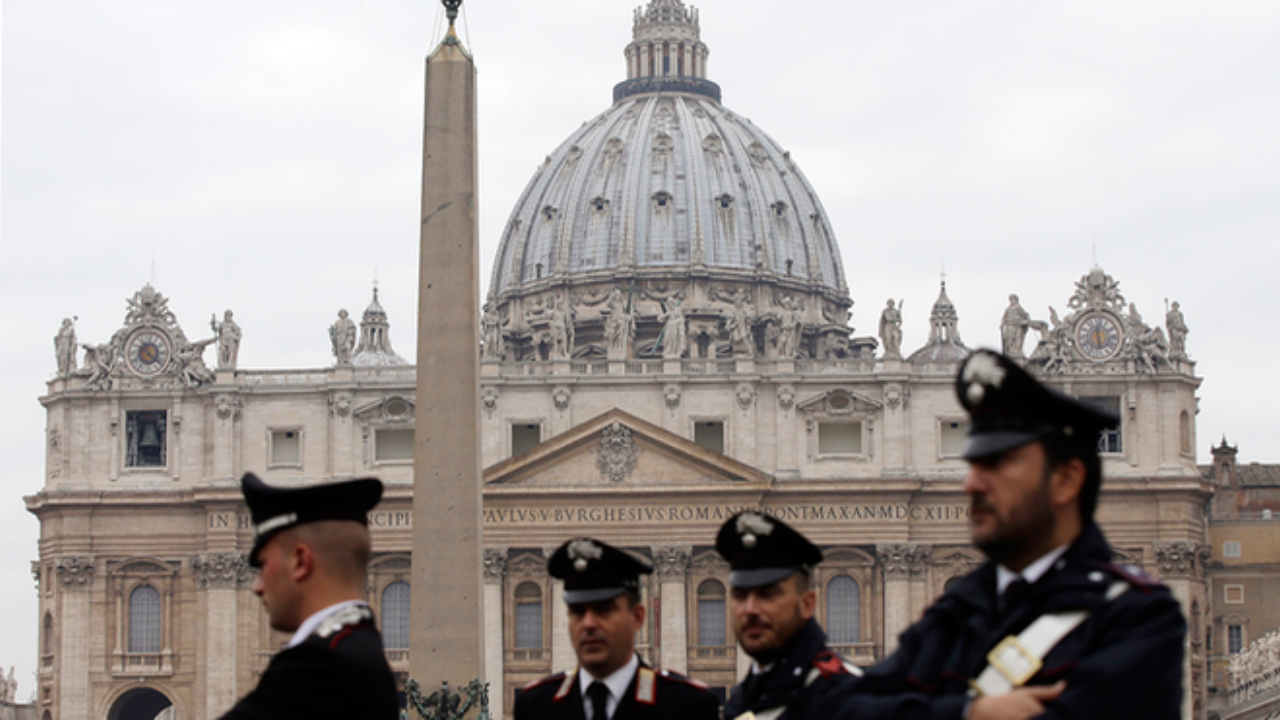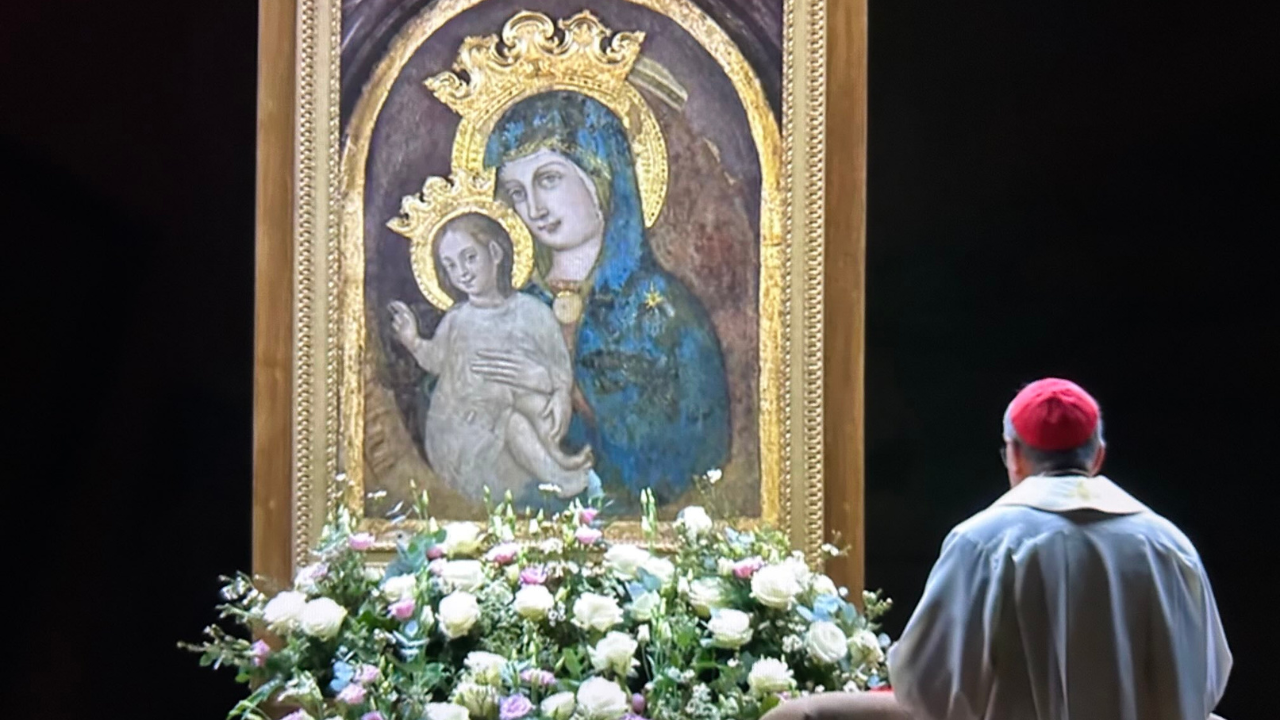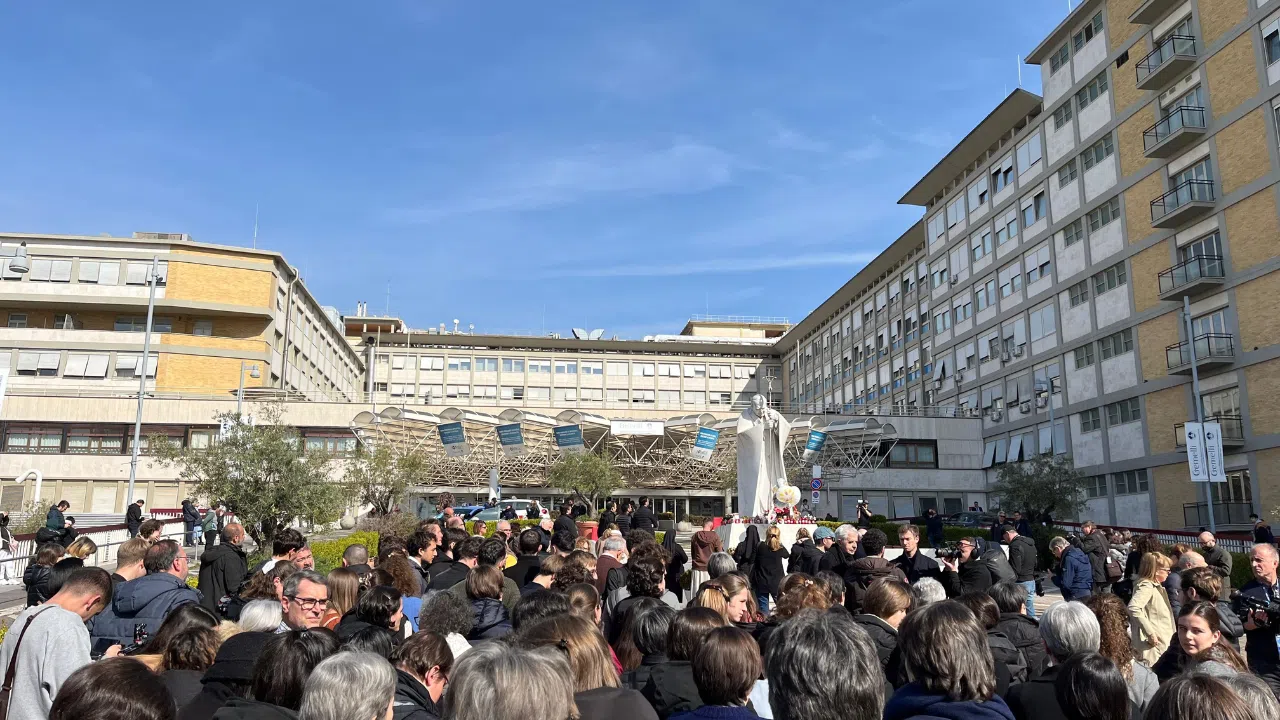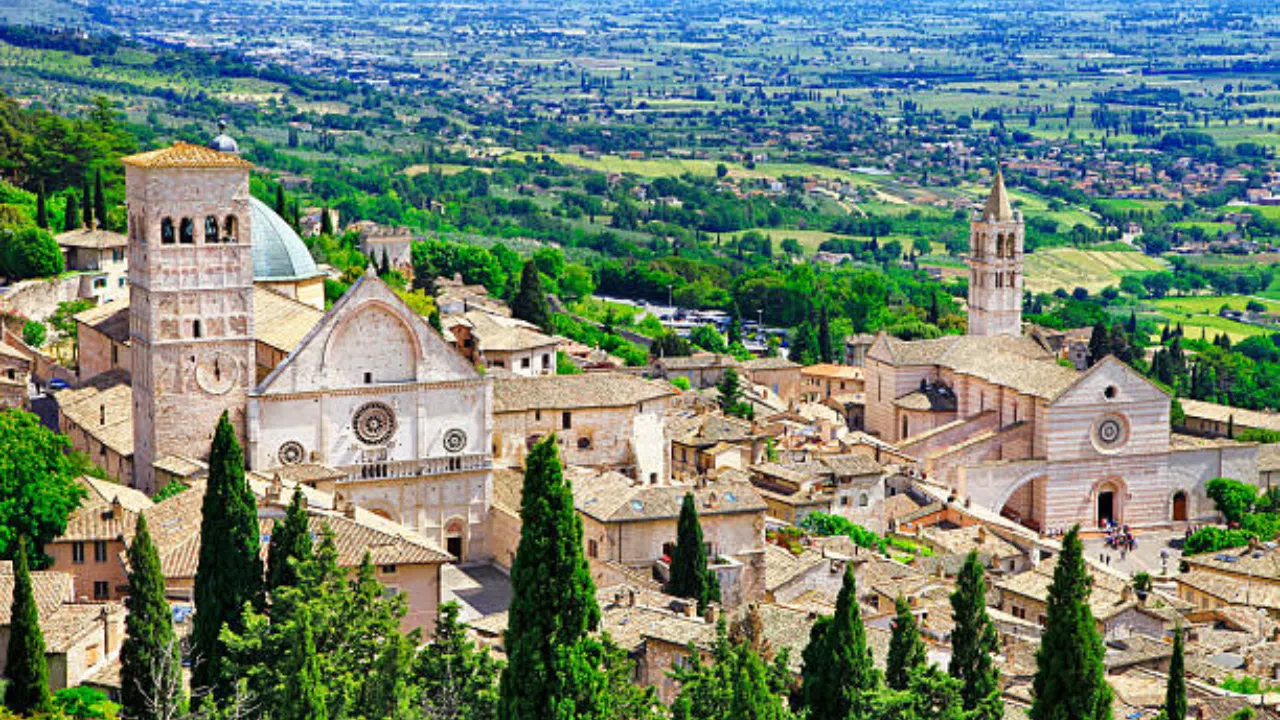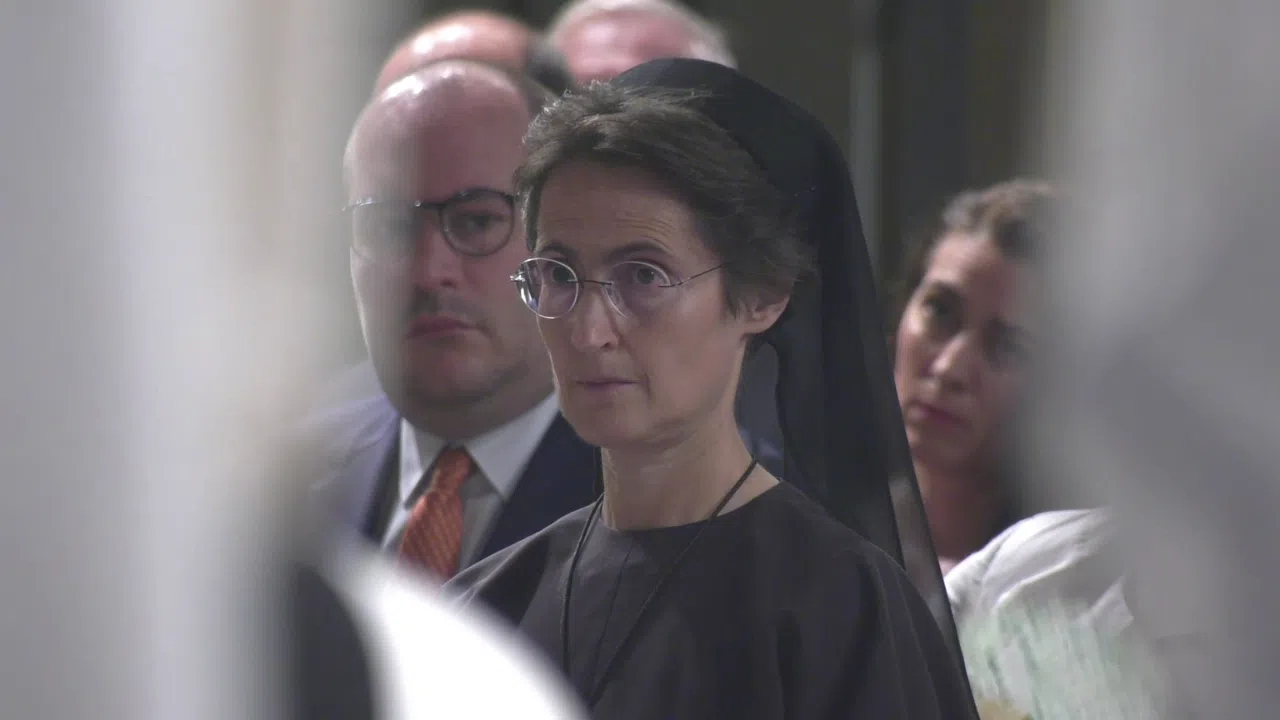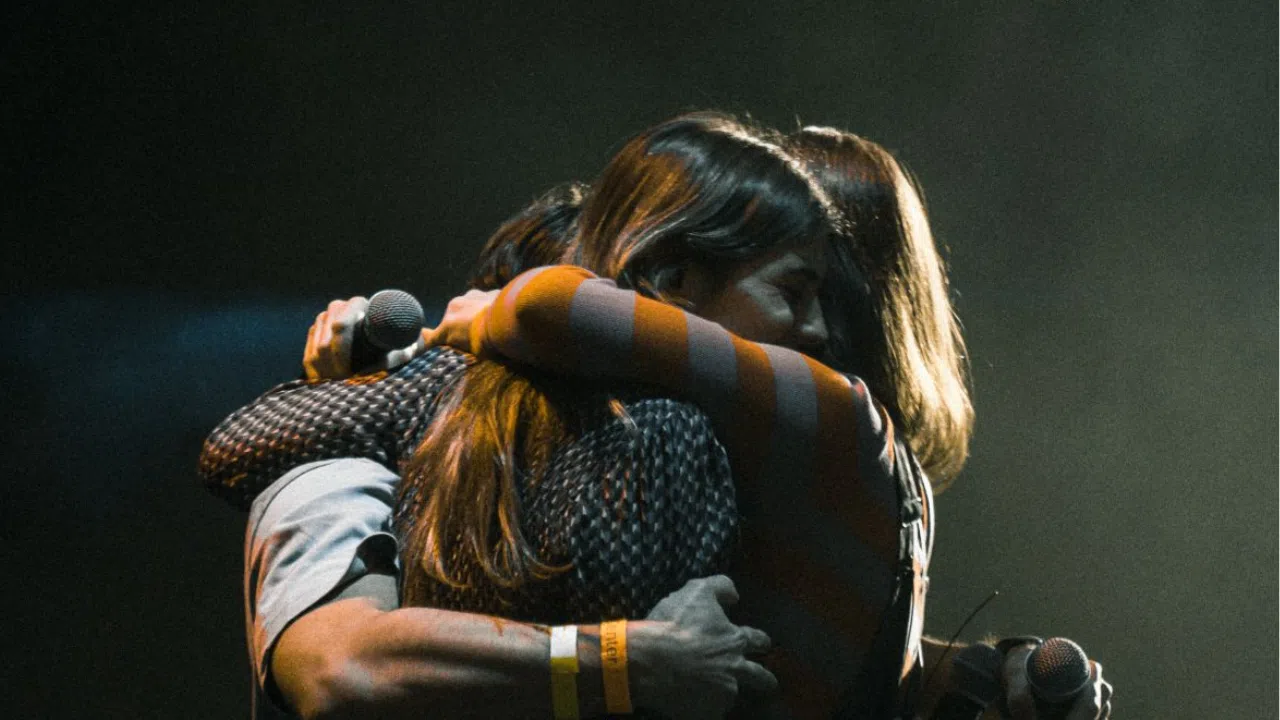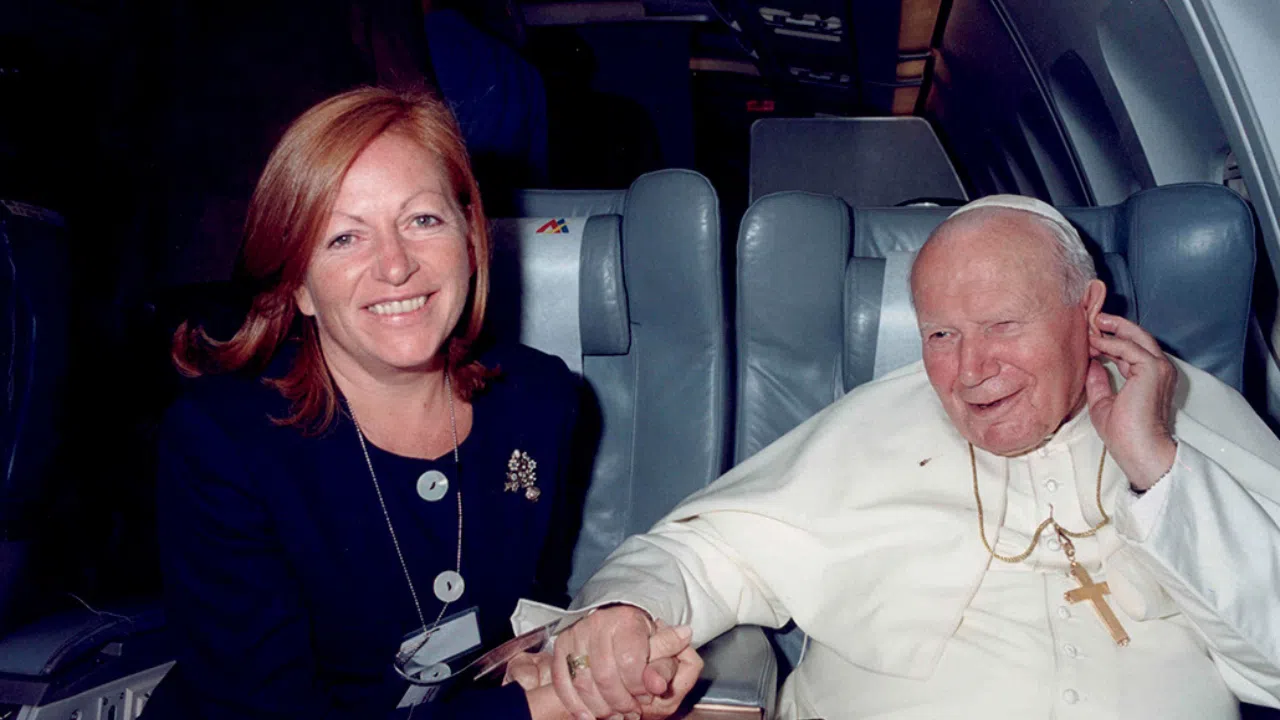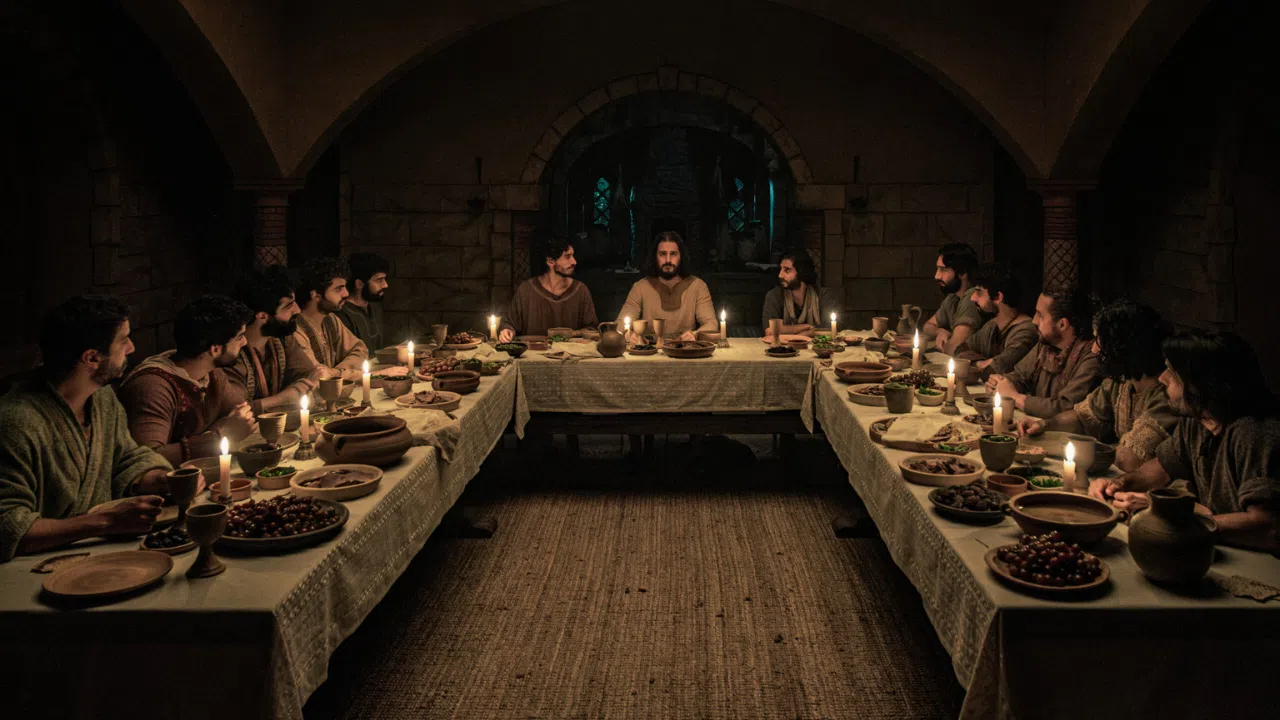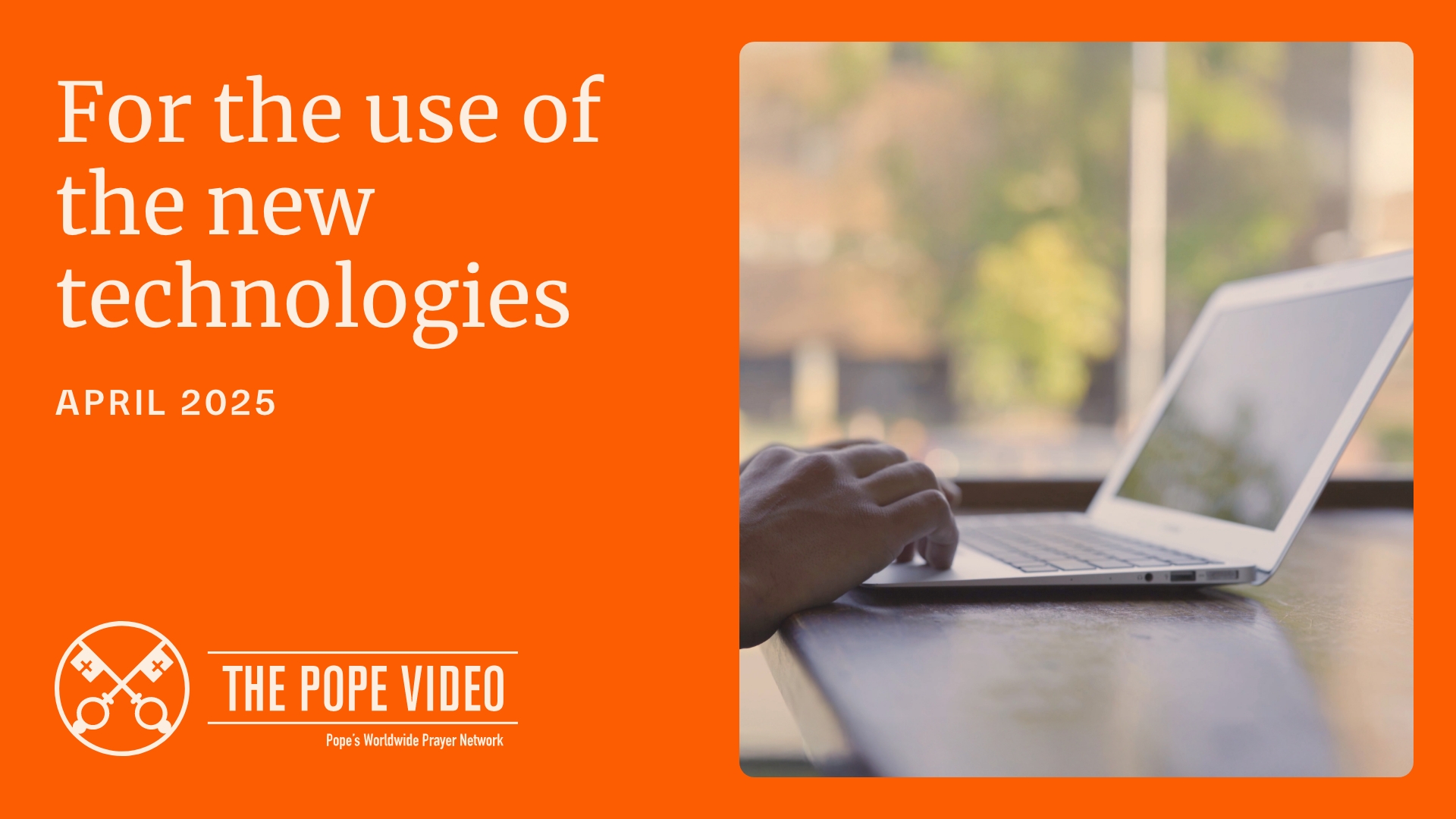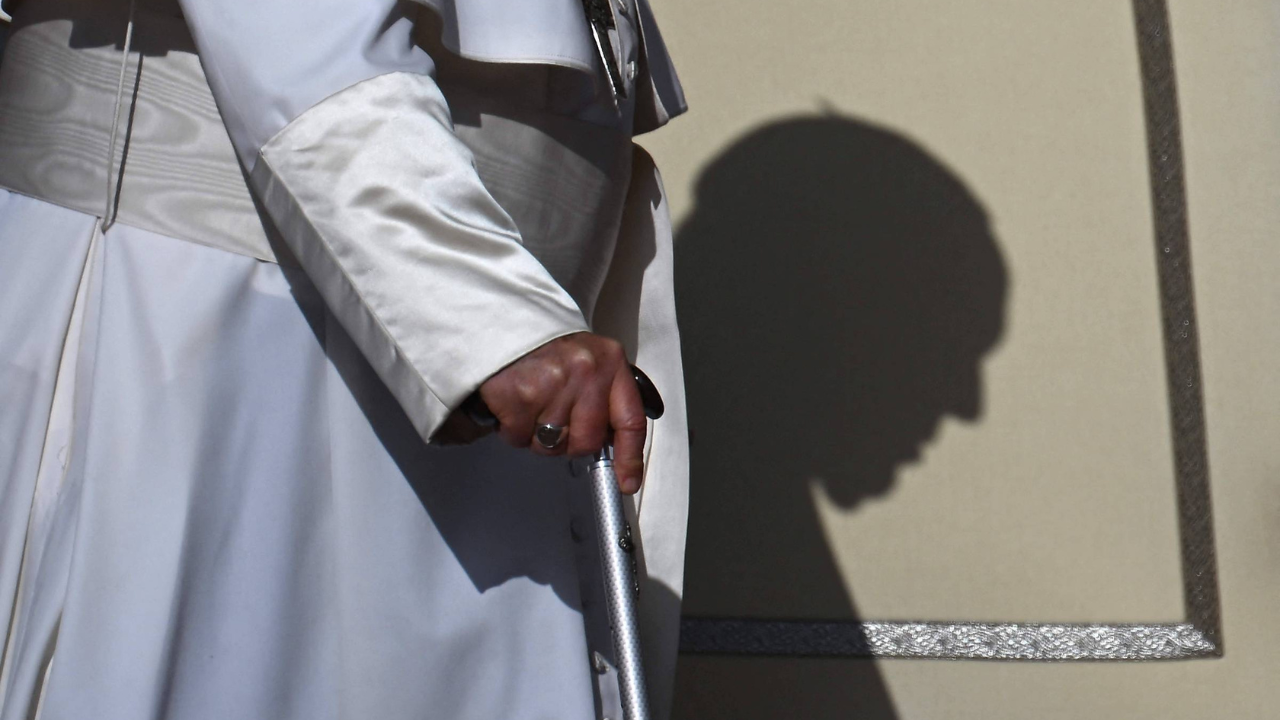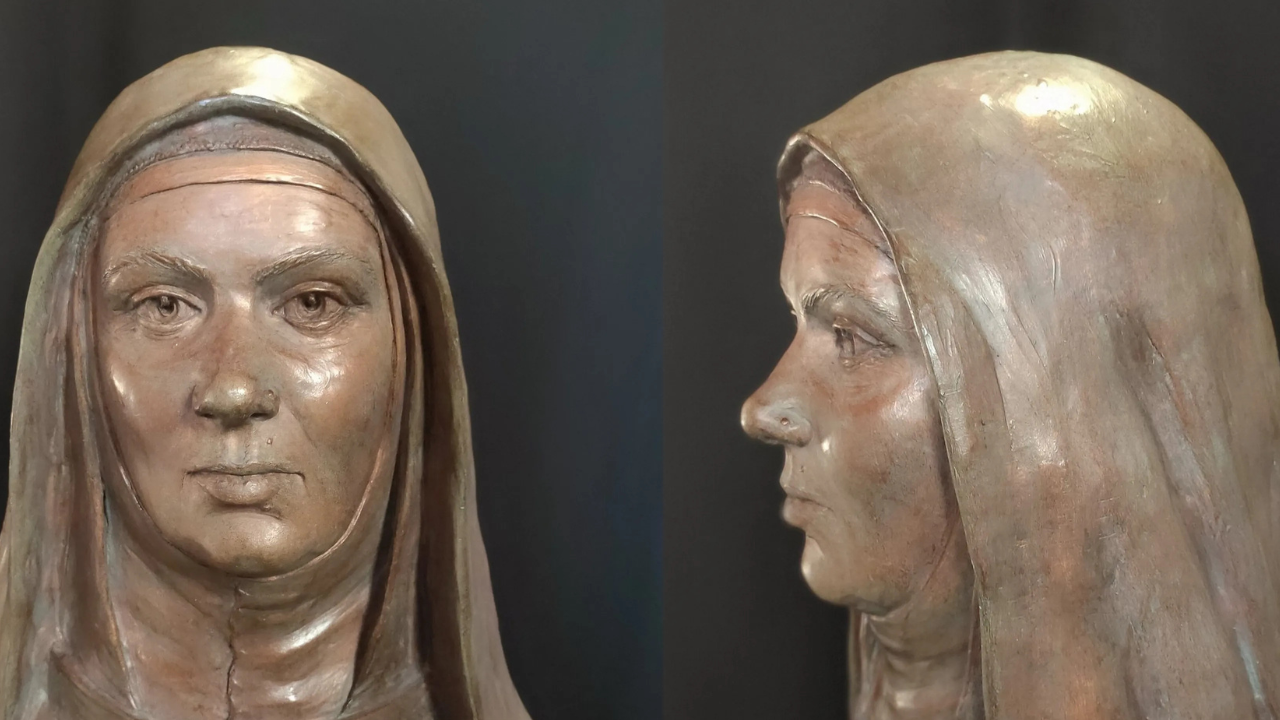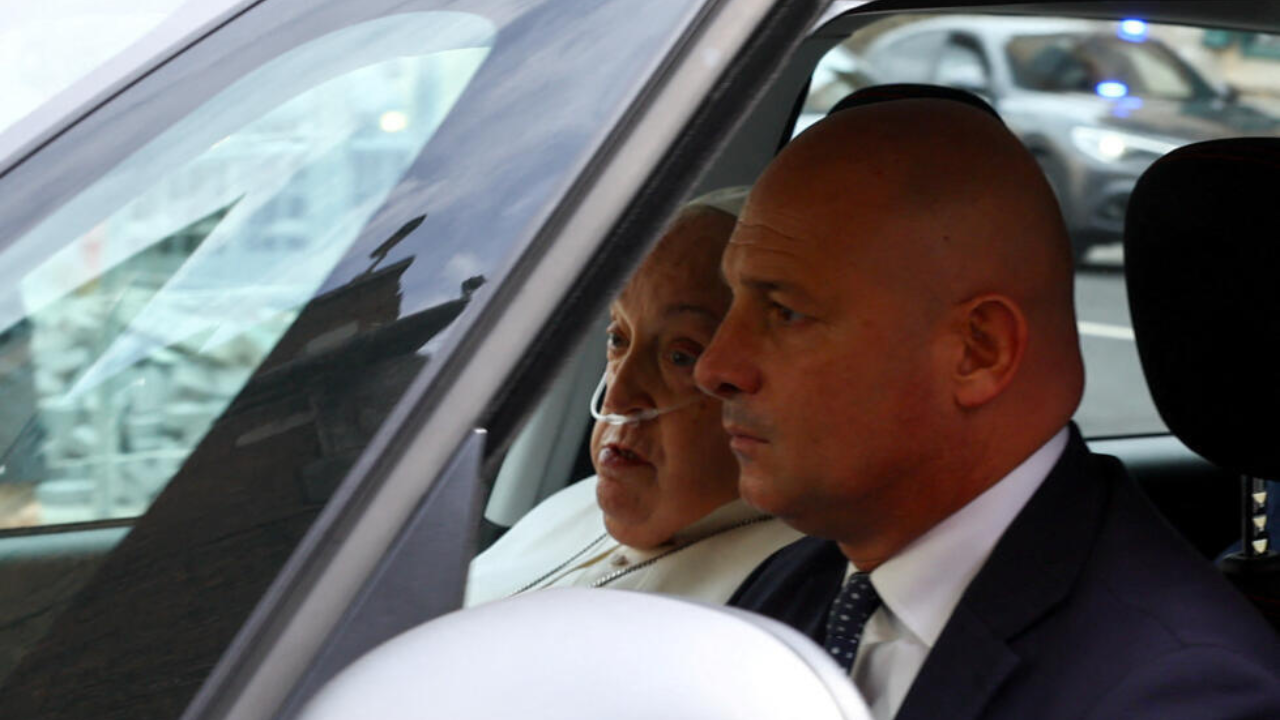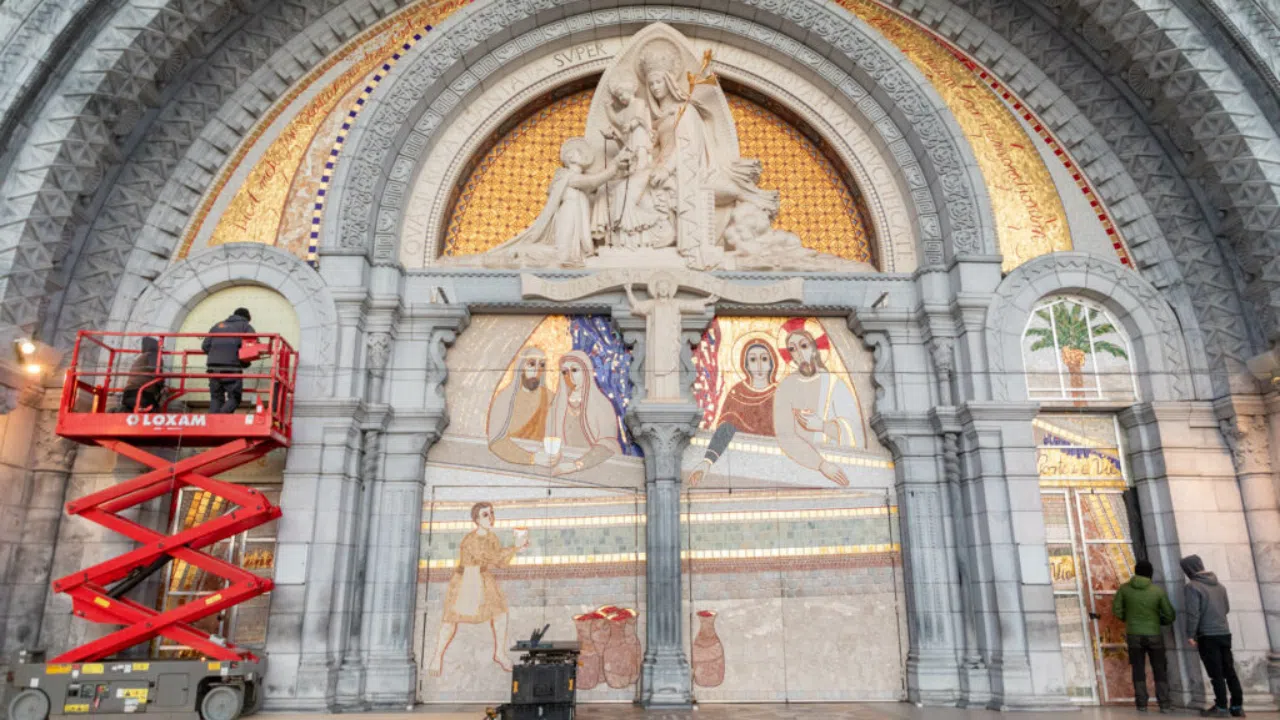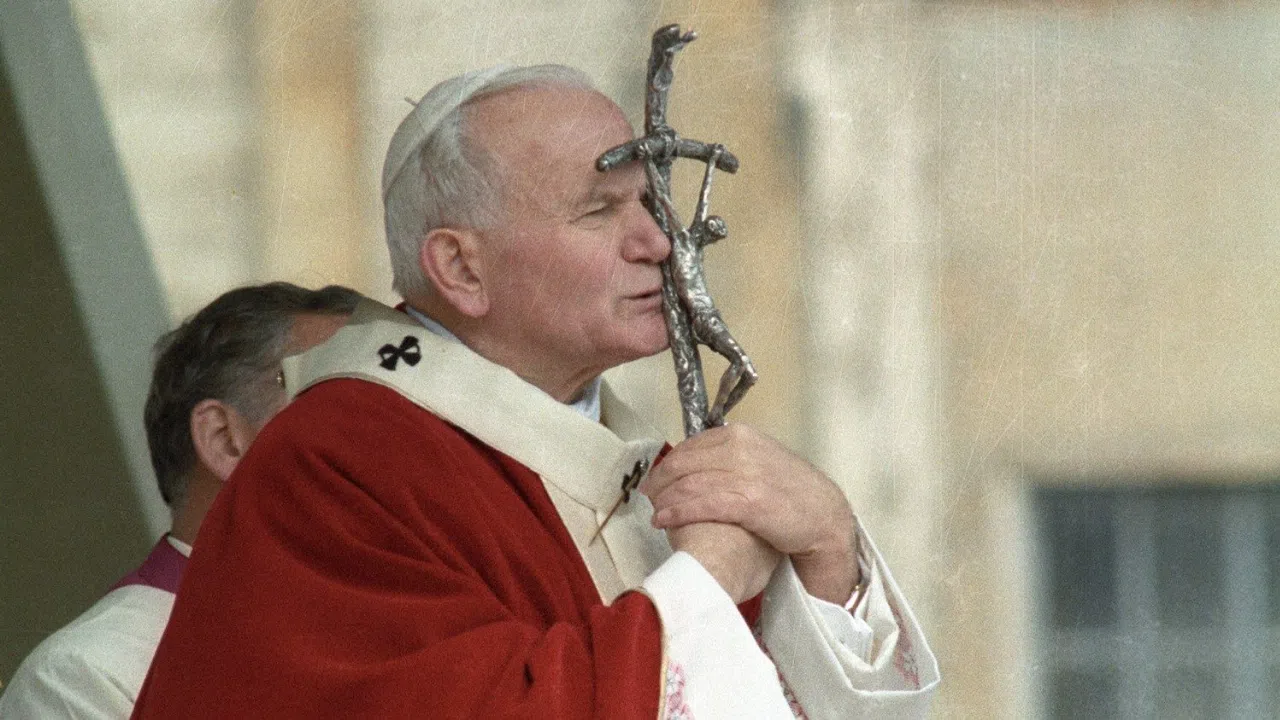Arresting and expelling bishops and priests is not the extent of the persecution religious groups are facing in Nicaragua. Now, the Ortega regime is taxing revenue from parishes, schools, humanitarian and educational initiatives. Donations from church-goers will also be taxed.
A previous law guaranteed tax protection for religious institutions by capping the payment of income and business tax. But from now on, churches of all denominations will be taxed similar to the private business sector.
A 10-30% rate will be taxed to offerings and donations, which will make it very difficult for these religious institutions to carry out their charitable work and maintain staff.
In addition to the tax, the Ortega regime has also closed another 1,500 civil society organizations—about half of them religious. And these attacks have caused international concern.
LIZ THROSSELL
Office of the UN High Commissioner for Human Rights
The serious impact of these measures on the rights to freedom of association and expression, as well as on religious freedom, makes it increasingly difficult to defend human rights in Nicaragua.
We call again on the Nicaraguan authorities to stop imposing severe restrictions on civic and democratic spaces in the country and to guarantee respect for human rights in accordance with Nicaragua's international human rights obligations.
Since 2018, when the religious persecution ramped up, more than 300,000 Nicaraguans have fled to its neighboring country, Costa Rica, for asylum.
KG

